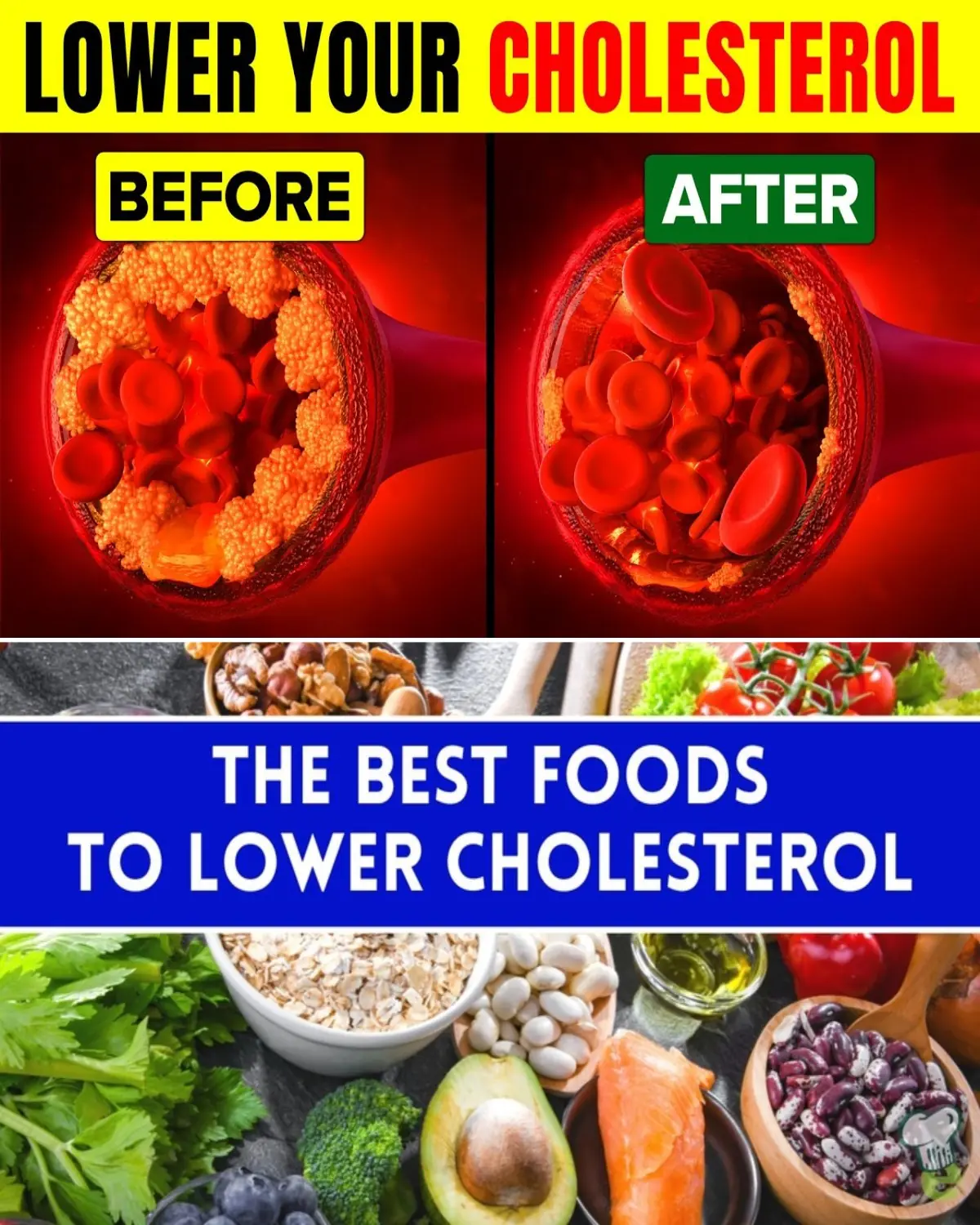
11 Common Egg-Eating Mistakes That Could Harm Your Health

Eggs are one of the most nutritious and affordable foods on the planet. Rich in protein, vitamins, and healthy fats, they’re a breakfast staple in many homes. However, despite their benefits, many people make serious mistakes when eating eggs — mistakes that can reduce their nutritional value or even negatively impact their health. Here are 11 common mistakes when eating eggs you should avoid.
1. Eating Raw or Undercooked Eggs
Many people think eating raw eggs is healthy because it preserves all the nutrients. But raw eggs may contain Salmonella, a bacteria that can cause severe food poisoning. Cooking eggs thoroughly kills harmful bacteria and helps your body absorb proteins better.
2. Overcooking Eggs
When eggs are overcooked, their proteins become tough and rubbery. The yolk can also turn greenish-gray due to a reaction between iron and sulfur, reducing taste and nutritional value. For the best results, cook eggs until the whites are firm and the yolk is slightly soft.
3. Using Too Much Oil or Butter
Frying eggs with lots of butter or oil adds unnecessary calories and saturated fats. Instead, try poaching, boiling, or using a non-stick pan with a light spray of oil for a healthier option.
4. Eating Eggs Without Vegetables
Eggs are a great source of protein, but they lack fiber. Pairing eggs with vegetables like spinach, tomatoes, or bell peppers adds vitamins, minerals, and antioxidants — balancing your meal and aiding digestion.
5. Discarding the Egg Yolk
Many people throw away the yolk thinking it’s “unhealthy.” In reality, the yolk contains most of the egg’s vitamins, minerals, and healthy fats. Unless you have specific cholesterol issues, it’s better to eat the whole egg in moderation.
6. Eating Too Many Eggs
Even though eggs are nutritious, eating too many can increase cholesterol levels for some people. Experts recommend no more than 1–2 eggs per day for most adults, depending on your overall diet and health condition.
7. Using Old Eggs
Old eggs not only taste bad but can also carry bacteria. Always check the expiration date and perform the “float test” — if the egg floats in water, it’s time to throw it away.
8. Not Storing Eggs Properly
Eggs should be stored in the refrigerator, not at room temperature. Keep them in their original carton to protect them from absorbing odors and moisture.
9. Ignoring Allergies
Some people are allergic to egg proteins, leading to rashes, stomach pain, or breathing difficulties. If you experience these symptoms, avoid eggs and consult a doctor.
10. Eating Processed Egg Products
Powdered or pre-cooked egg mixes often contain preservatives, artificial flavors, and sodium. Fresh eggs are always healthier and more natural.
11. Combining Eggs With Unhealthy Foods
Pairing eggs with bacon, sausages, or white bread turns a healthy breakfast into a fat-and-sodium-heavy meal. Instead, try combining eggs with whole-grain bread, avocado, or steamed vegetables for a balanced plate.
🥗 Conclusion
Eggs are an incredible source of nutrition when eaten correctly. Avoiding these 11 common mistakes will help you make the most of their health benefits — boosting your energy, protecting your heart, and keeping your body strong.
News in the same category


Don’t Drink Coconut Water Before You Know These 11 Secrets!

Pumpkin Seed Milk — The Natural Parasite Cleanser

Fast Rice Water Trick for a Brighter Smile

Morning Drink to Revive Your Kidneys Fast

The Onion Recipe That Could Transform Your Blood Sugar, Support Cleaner Arteries, and Protect Your Heart!

Top 4 Fruits That Help Your Kidneys Flush Out Toxins While You Sleep

Ginger, Clove, and Honey: The Natural Trio Your Body Will Thank You For

Heal 15 Years of Joint Pain Naturally with Turmeric and Honey Tea

This Juice Revived My Grandma’s Energy — Say Goodbye to Fatigue and Body Pain with This Natural Recipe

I’m 66 but Look 36 — My Secret? Aloe Vera & Ginger for Firm, Smooth Skin

How to Make Okra Water to Treat 17 Health Problems Naturally

Banana and Egg Mask to Look Younger Even in Your 80s

Scent Leaf Secrets Unveiled: 10 Surprising Health Benefits of This Miracle Herb

From White Hair to Black Hair Naturally in Just 5 Minutes — Fast Hair Growth Remedy

Boost Your Immune System Year-Round with Garlic, Onion, and Lemon

When You Start Eating 2 Eggs Every Day, Here’s What Happens to Your Body (Is It BAD??)

13 Warning Signs Your Kidneys Are Failing – Don’t Ignore These Symptoms

Save Your Heart: 8 Foods to Naturally Lower Cholesterol

Silent Signs of Artery Blockages Seniors Can’t Ignore
News Post

WHAT HAPPENS WHEN WE TONGUE KISS…See more

Nature’s Secret: 4 Healing Leaves That Support Metabolism, Immunity & Circulation Naturally

Don’t Drink Coconut Water Before You Know These 11 Secrets!

Pumpkin Seed Milk — The Natural Parasite Cleanser

Fast Rice Water Trick for a Brighter Smile

Morning Drink to Revive Your Kidneys Fast

The Onion Recipe That Could Transform Your Blood Sugar, Support Cleaner Arteries, and Protect Your Heart!

Top 4 Fruits That Help Your Kidneys Flush Out Toxins While You Sleep

Ginger, Clove, and Honey: The Natural Trio Your Body Will Thank You For

Heal 15 Years of Joint Pain Naturally with Turmeric and Honey Tea

This Juice Revived My Grandma’s Energy — Say Goodbye to Fatigue and Body Pain with This Natural Recipe

The Benefits of Eating 2 Boiled Eggs Every Morning: Transform Your Health!

If Your Kidneys Are in Danger, Your Body Will Send You These 8 Signals — Don’t Ignore Them

The Surprising Effects of Avocado on Your Heart and Brain

Ways to Get Over a Man Who Didn’t Value You

I’m 66 but Look 36 — My Secret? Aloe Vera & Ginger for Firm, Smooth Skin

How to Make Okra Water to Treat 17 Health Problems Naturally

Banana and Egg Mask to Look Younger Even in Your 80s

Scent Leaf Secrets Unveiled: 10 Surprising Health Benefits of This Miracle Herb
